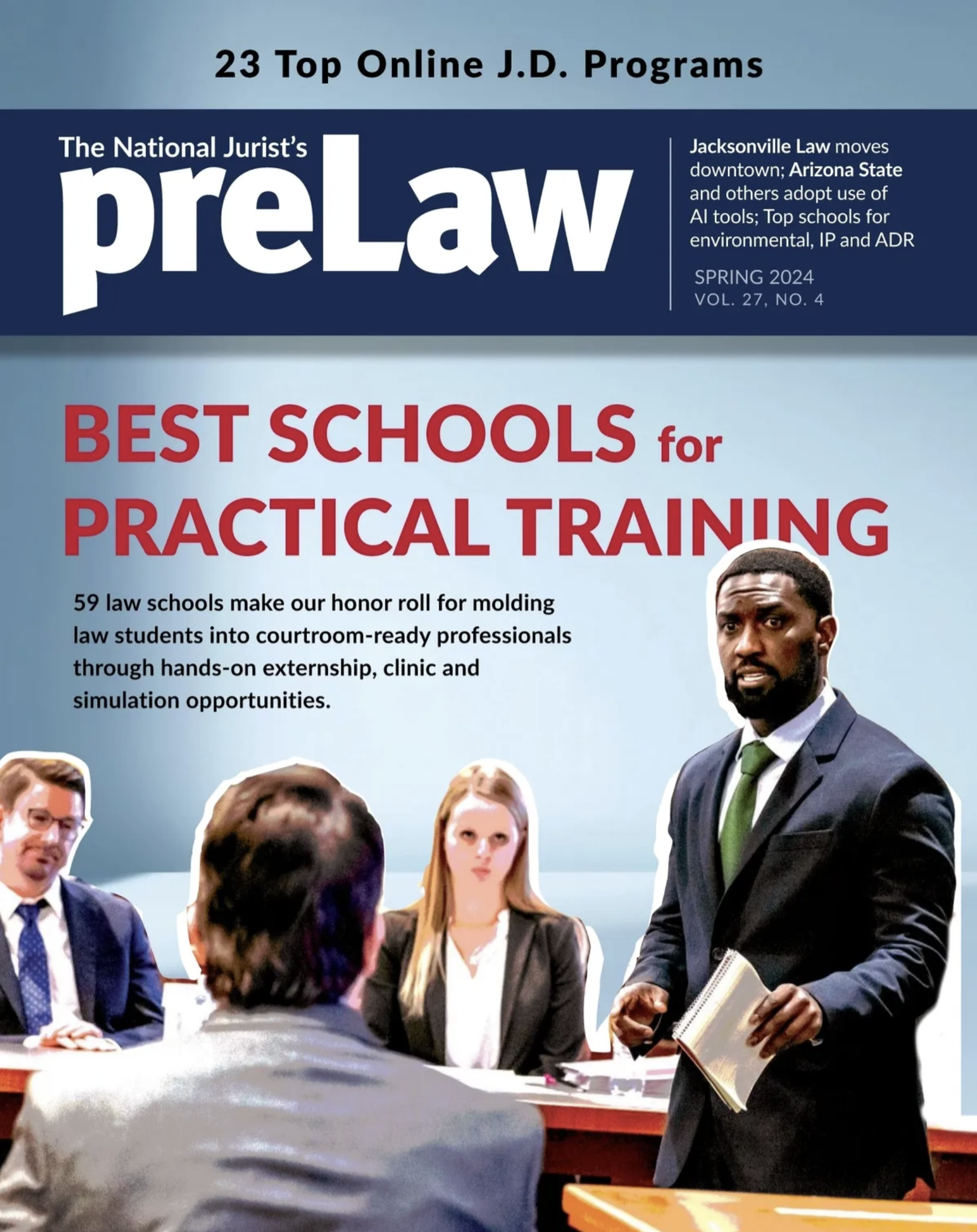In the highly competitive law school admissions environment, it’s no surprise that you — the pre-law student — are busily preparing for the Law School Admission Council (LSAT). The amount of time you spend till impact your score.
In general, three months is a good rule of thumb, said Glen Stohr, director of pre-law programs for Kaplan Test Prep and Admissions. But your individual goals may dictate a bit longer, and a good prep course can help you reach your goal faster.
The first step is acquiring an LSAT book containing actual published exams. Through taking practice tests and scoring yourself to find weaknesses, you’ll figure out the best plan for you. Some may choose an LSAT course or a tutor, while others will decide to tackle the studying on their own.
On the pages that follow, we summarize the test itself. You can view sample questions and answers, and view some essential tips to getting through the LSAT courtesy of our experts.
What is the LSAT?
Today, there’s an abundance of test preparation courses, study books and other products available to help students do well.
And so, many students turn to LSAT experts who spend their time dissecting sections of the test in a private or classroom setting. Many times, these courses give students a valuable mental boost. A classroom environment can also lessen anxiety on testing day by introducing real test-taking conditions.
Frank Homer, pre-law advisor at the University of Scranton, said the test is designed to see how people react to unfamiliar material using three types of questions — logical reasoning, analytical reasoning and reading comprehension.
A big part of preparing for the LSAT is learning the endurance — to go the distance. The LSAT not only takes a toll on you mentally, but also physically.
“There aren’t many college students now who have to stay planted in a seat for a number of hours,” Homer said.
Test takers’ self-confidence can also be easily undermined. For students looking to prepare for the LSAT, you need to master a few skills.
Tip 1: Learn how to prepare
“You need to prepare so that you are familiar with the test and can work to the best of your ability,” said Wendy Margolis, director of communications for the Law School Admission Council (LSAC). “Make sure that you are familiar with the kinds of questions asked.”
Andrew Brody, national content director for Princeton Review’s LSAT programs, said it is important to register for the LSAT, circle the date of the test in red on your calendar, decide on a plan to be ready for that date, and then stick to that plan.
“Do a little bit of work every day, rather than overloading on one day of the week,” Brody advises.
Tip 2: Set individual goals
Margolis believes that you have to look at your preparation needs individually and do what works for you. Especially when it comes to how much time should be spent studying.
It all varies from individual to individual, depending on how strong your basic reading and reasoning skills are. Those whose skills are strong may need little more than familiarization with test format and content. Others may need instruction or review in basic reading and reasoning skills. All can benefit from taking practice tests.
Tip 3: Patience is a virtue in steps to success
Being patient and not feeling like you are running a race is a key to success on the LSAT. Stohr said impatience is the biggest mistake a student can make.
In the Analytical Reasoning section (often called Logic Games), students are given a situation (say, eight employees to be divided into two teams, or different sets of features to be assigned to different models of cars) with a set of rules or restrictions.
The test taker is then asked what can, must or cannot be true of the situation. If a student rushes into the questions, without a good sketch or diagram to manage all of the rules and information, he or she will wind up not only choosing wrong answers but wasting valuable time as well.
Good prep will teach you to anticipate the kinds of logic and analysis that the test rewards and how to ‘front load’ your work, so that the application of that analysis to the questions goes like clockwork, Stor said.
Tip 4: Where can I turn for help?
Try out some practice tests first before making it official.
“Take a practice test and see where you stand immediately,” said Eva Lana, author of the Binary Solution course. “Research the schools you want to get into and see how far your score is from their mean. Be sure to factor in your GPA.”
The LSAC provides applicant profiles for LSAT and GPA scores. Visit http://officialguide.lsac.org.
Tip 5: Stay focused on the long-term goal
Even if you fret over studying for and then taking the test, remember why you are doing it in the first place. School admission committees will look at much more than LSAT scores and roughly half of those incoming classes will have LSAT scores below the medians.






